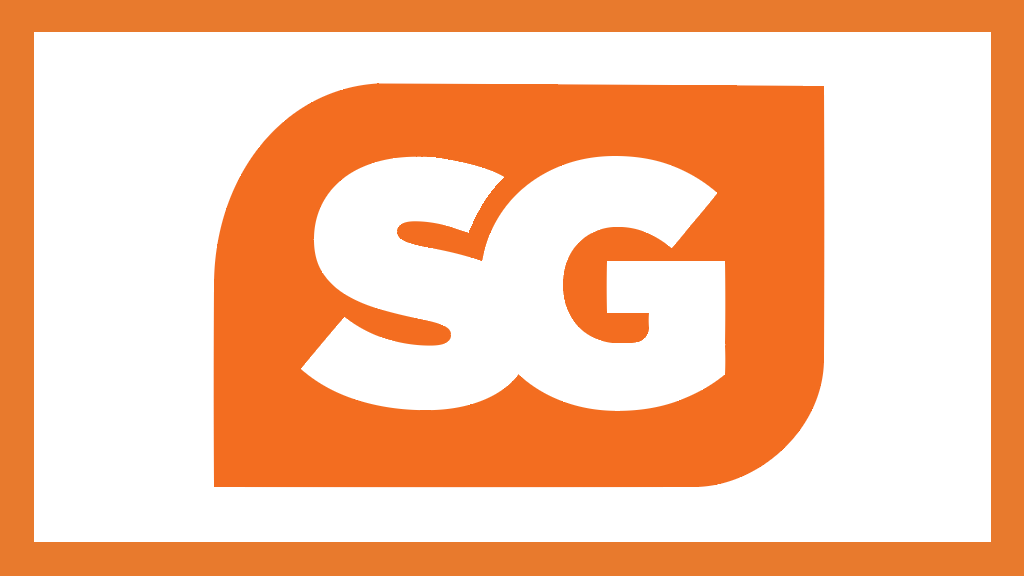Code of Ethical Conduct and Compliance
Jacqueline Jameson, a member of RIT's Compliance and Ethics Department, spoke about updates to C0.0 — RIT's Code of Ethical Conduct and Compliance.
The code was originally published in 2009 to outline the expectations of what is acceptable at RIT in regards to interaction with others and behavior on campus. Except for some minor updates in 2011, the code has remained unchanged for almost a decade.
Jameson explained that the board had been discussing new changes since last summer with a focus on clearer language, promoting integrity from all university members and adjusting policies to highlight fairness above all.
Two updates to the code involve fair dealing and internal controls. These changes emphasize that all interactions done on behalf of RIT should be done with integrity. Regarding internal controls, the update deters faculty members from abusing power in their role by detailing a better internal system for handling such cases.
The area detailing conflicts of interest was also adjusted. The code originally contained an expectation for all members of the RIT community to avoid conflict at all costs. Conflicts include: class discussions, communication with faculty and general behavior towards all, on campus. Yet, sometimes conflict is not only necessary but beneficial for learning and growth. As such, rather than avoid conflict altogether, the new code emphasizes transparency in communication. Instead of avoiding arguments, members of RIT should communicate clearly and with respect — less fighting and more conversation.
Finally, reporting obligations were changed to ensure all reports reach the required parties and are taken seriously. Regarding allegations, the new code states that all information will be kept confidential and that allegations made in bad faith may result in repercussions toward the responsible party.
After the presentation, a question was raised regarding how an allegation can be deemed as false and what the procedures are for such actions. Jameson explained that measures are already in place for each department to handle such matters; C0.0 is more of an outline to encourage truth and discourage using reports as weapons.
OUTSpoken
OUTSpoken discussed the health center petition, Fall Fest and other events from the past year.
In regards to the discussion of the health center, last year's petition to bring hormone therapy back to the Student Health Center raised over 800 signatures and prompted the return of the on-site treatment.
NSC
Kristina Bernhardt, a sixth year in the School of Individualized Study and the president of the NTID Student Council, discussed their past year.
From Tigerfest to the upcoming NSC Banquet, the council used the year to give students new opportunities. They are currently working on transitioning into the 2019-2020 school year.
Global Union
Over the past year, Global Union hosted many events including their airport pickup service and international coffee hours. At the ImagineRIT event, they hosted canvas painting and passport stamping activities.
ACA
The ALANA Collegiate Association discussed their past events including I AM ALANA, Say Their Names 2019 and ALANA Week.
Senate Reports
The senators for the School of Individualized Studies (SOIS), College of Engineering Technology (CET) and Graduate programs at RIT reported about their events and actions in the past year.
SOIS hosted monthly game nights, as well as an open skate, a chakra meditation workshop and a "telling your story" workshop, where SOIS students practiced discussing their programs with employers.
CET searched for a new dean and hosted various events such as dodgeball tournaments. The graduate program senator explained their graduate showcase event and their connections with other graduate clubs on campus.
Announcements
Plans were discussed for President Munson and Dr. Watters to attend the next senate meeting to discuss tuition increases.








